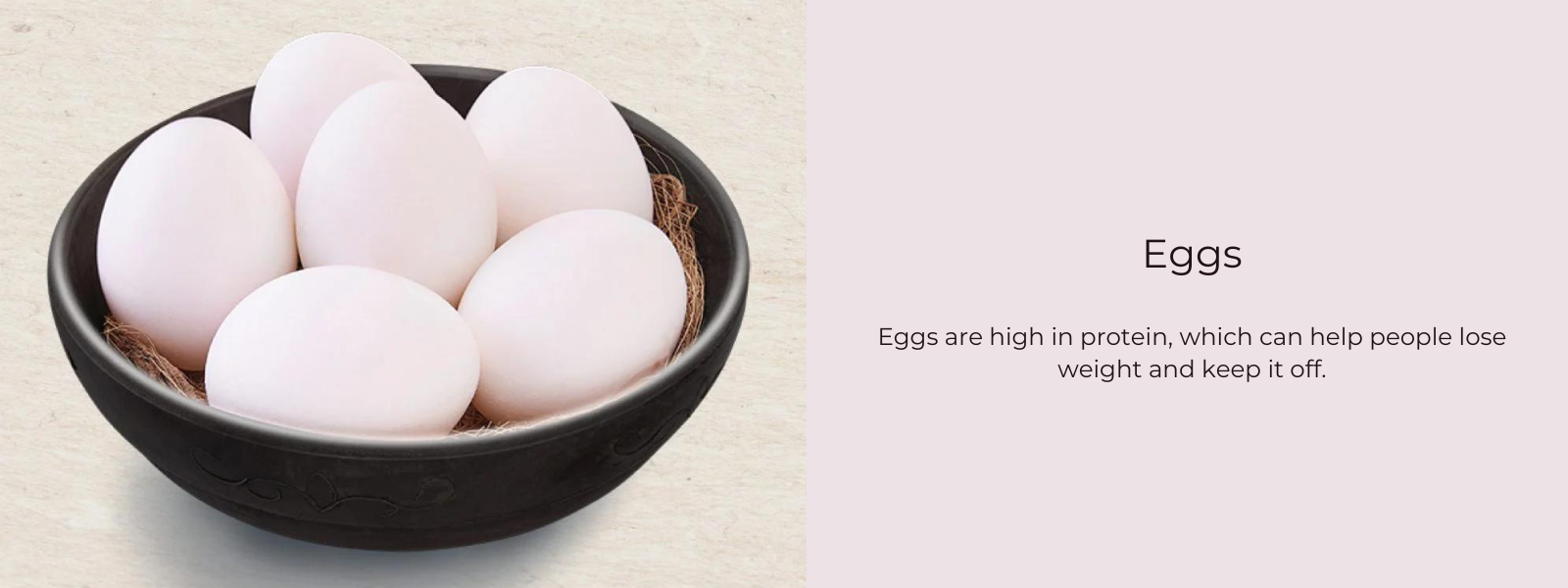Egg yolks are a potent source of vitamin D, offering numerous health benefits essential for overall well-being. Vitamin D is crucial for calcium absorption, which helps maintain strong bones and teeth, reducing the risk of osteoporosis and fractures. Additionally, it supports the immune system, enhancing the body's ability to fight off infections and illnesses. Vitamin D also plays a role in cardiovascular health by regulating blood pressure and reducing inflammation, thus lowering the risk of heart disease. Furthermore, sufficient vitamin D levels are associated with improved mood and mental health, reducing the risk of depression. Lastly, vitamin D is vital for muscle function, supporting overall physical performance and mobility. Including egg yolks in your diet can thus contribute significantly to a balanced and nutritious diet, promoting various aspects of health.
Table of Contents
What Makes Egg Yolks a Rich Source of Vitamin D?
Egg yolks naturally contain vitamin D, making them an important part of a nutritious diet. Several factors contribute to their high vitamin D content:
- Natural Composition: Egg yolks naturally contain vitamin D. Hens exposed to sunlight or fed a vitamin D-rich diet produce eggs with higher levels of this nutrient.
- Hen Diet and Environment: Hens that roam outdoors and have a varied diet lay eggs with higher vitamin D concentrations. Sunlight exposure and a diet rich in vitamin D sources increase the nutrient levels in the eggs.
Health Benefits of Vitamin D from Egg Yolks
Including egg yolks in your diet offers several health benefits due to their vitamin D content:
- Bone Health: Vitamin D enhances calcium absorption, crucial for maintaining strong bones and teeth, and reducing the risk of osteoporosis and fractures.
- Immune Support: Adequate vitamin D levels improve the immune system's ability to fight infections and illnesses by activating immune cells that defend against pathogens.
- Cardiovascular Health: Vitamin D helps regulate blood pressure and reduce inflammation, contributing to heart health and lowering the risk of cardiovascular diseases.
- Mood and Mental Health: Sufficient vitamin D levels are associated with a lower risk of depression and improved mood, as vitamin D receptors in the brain play a role in cognitive function and emotional regulation.
- Muscle Function: Vitamin D is essential for muscle strength and function, supporting physical performance and mobility, and reducing the risk of muscle weakness and falls, especially in older adults.
Ways to Incorporate Egg Yolks into Your Diet
Egg yolks can be added to your diet through various delicious and nutritious recipes:
- Breakfast Dishes: Use egg yolks in scrambled eggs, omelets, and eggs Benedict for a nutritious start to the day.
- Baking: Incorporate egg yolks in cakes, cookies, and custards for added richness and texture.
- Sauces and Dressings: Make creamy sauces and dressings like hollandaise sauce, mayonnaise, and Caesar salad dressing.
- Pasta and Rice Dishes: Add egg yolks to pasta and rice dishes, such as carbonara or fried rice, for extra richness.
- Homemade Ice Cream: Use egg yolks in homemade ice cream recipes for a creamy, delicious treat.
Conclusion
Egg yolks are a nutrient-dense food providing a natural source of vitamin D, with numerous health benefits. From supporting bone health and enhancing immune function to promoting cardiovascular health, mood stability, and muscle function, the vitamin D in egg yolks plays a vital role in maintaining overall well-being. Including egg yolks in your diet through various recipes allows you to enjoy their health benefits and contribute to a balanced, nutritious diet.











Leave a comment